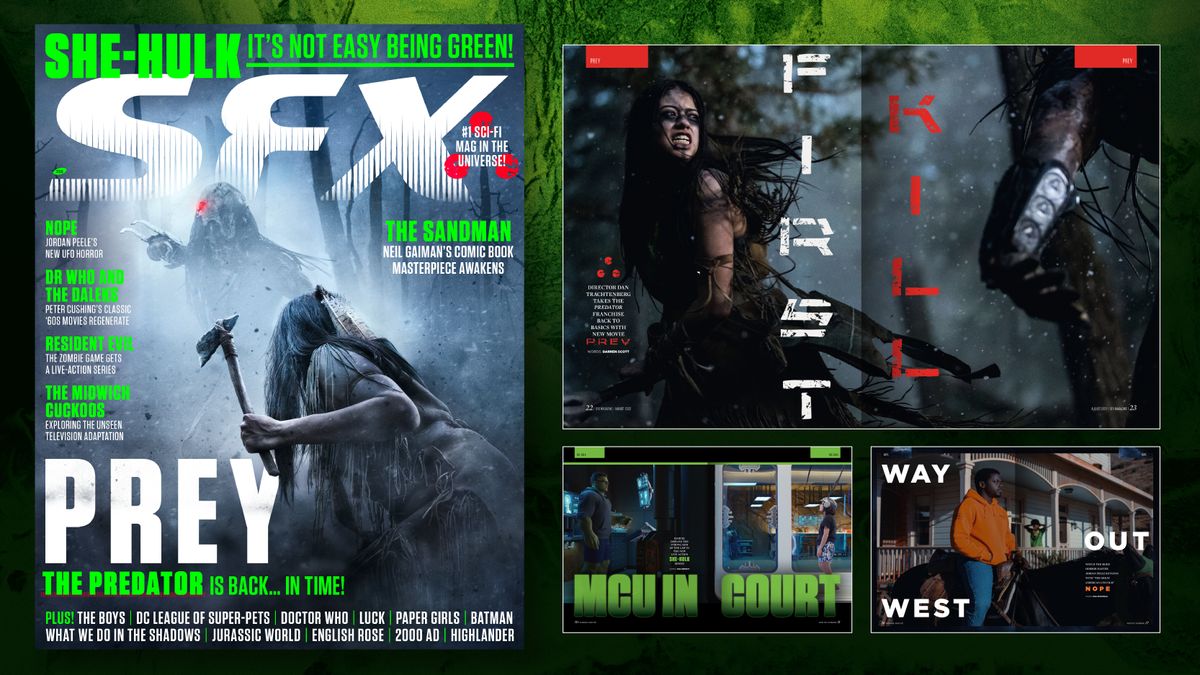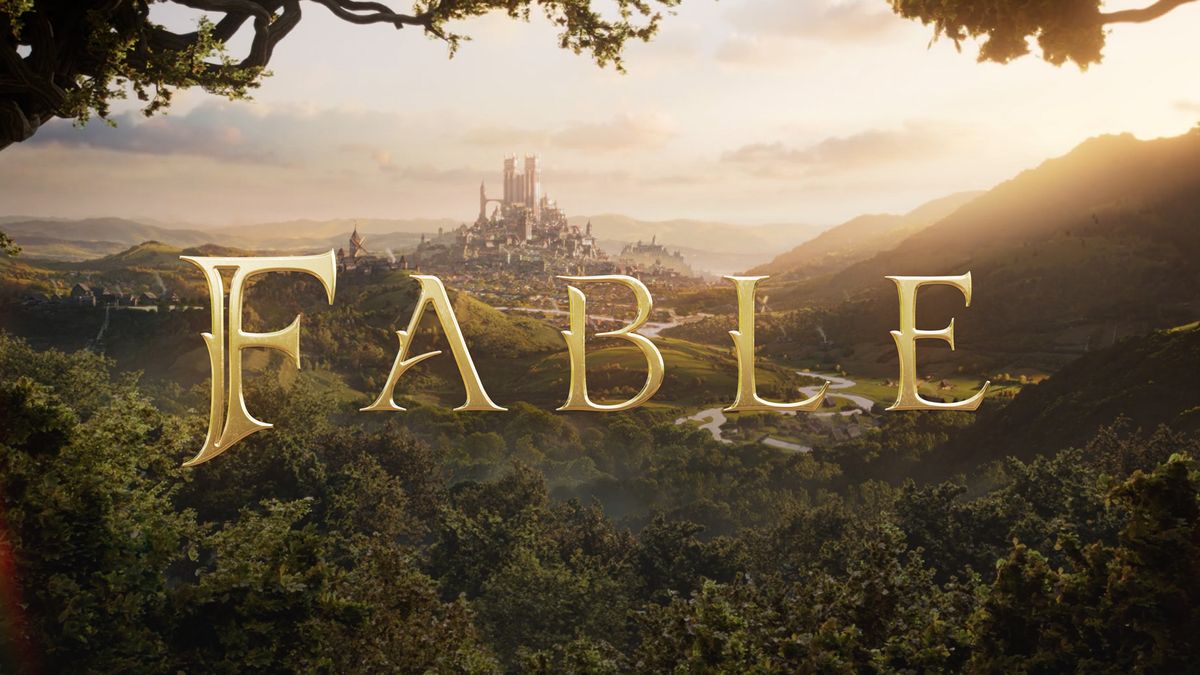The Netherlands today declared (opens in new tab) that, after conducting an investigation into the matter, it found several high-profile games’ loot box systems to be illegal. If you’re strongly against the randomized reward system so widely adopted in modern games, you might be tempted to do a little dance and sing like you’re in the land of Oz. Ding dong, the wicked loot box is dead!
Not so fast.
While it’s true that The Netherlands found 4 of 10 games it investigated to be in violation of the law, this isn’t quite the Earth-shaking moment it may at first appear to be. Let us explain:
This wasn’t a scientific study
The Netherlands began its investigation in November 2017, focusing on 10 games with loot boxes deemed to be the most popular. The exact methodology has not been revealed, but the Netherlands Gaming Authority claims in its initial news post that it more or less just pulled the 10 most popular games with loot boxes off an unnamed streaming site (I’m betting Twitch, but that’s just speculation on my part). It then used a tool to evaluate how random the rewards were, and made decisions based on previously-penned literature on gambling and addiction.
In other words, there doesn’t appear to have been rigorous testing, accounting for variables, or a control group like you would see in a scientific study – and that makes sense, because it was never supposed to be about that. This was not an effort to determine what effect loot boxes have on the brain, it was a government inquiry to see who, if anyone, was breaking the law. Be wary of anyone saying this proves something beyond “four games violated the law.” Speaking of law…
These are not new laws
The Netherlands did not just make loot boxes illegal. It did not write new laws in the wake of fiascos like Star Wars Battlefront 2 or Middle-earth: Shadow of War. Instead, this investigation sought to determine if current video games were in violation of existing laws.
And, as the post itself declares (via Google Translate), “Coincidence determines the contents of these loot boxes. Moreover, the prizes can be traded outside the game: the prizes have economic value. It is forbidden to offer this type of games of chance without a license to the Dutch players.”
In other words, any game of chance with economic value (which the investigation determined several loot boxes to be) require a license, and it’s that lack of license that the NGA takes issue with. These laws are already on the books. All the loot box controversy did was bring light to the practice – it didn’t cause new laws about what is and isn’t legal.
This does not apply to all loot boxes

You may be wondering why only 4 out of 10 games investigated were found to be in violation of established law. Re-read the quote above; did you catch the bit about “economic value”? If the items contained within a game’s loot box could be traded or sold outside of the game, that made them worth real-world money.
And according to the NGA, if you can sink real-world money into a game of chance and receive something worth real-world money in exchange (even if by default it is still a virtual item), that’s gambling. And that requires a license.
So, games like Overwatch, which helped popularize the business model, would be exempt because nothing from an Overwatch loot box can be traded or sold outside of the game. However, since you can sell Dota 2’s items via the Steam Marketplace, it could be in violation. Unfortunately…
We don’t know who got in trouble
The NGA’s report merely states that 4 of the investigated 10 games were found to be in violation of the law. No names, of either the games themselves or the developers and publishers, were released. Dutch website NOS (opens in new tab) singles out FIFA 18, Dota 2, PUBG, and Rocket League, but it’s not clear if these are the confirmed culprits or merely suspects (translation via Reddit (opens in new tab)).
That said, the NGA said that the 10 games it investigated were pulled from a popular streaming platform, so one need only look at the trending games on services like Twitch to get an idea of whose wrists are getting the proverbial slap. Again, these aren’t the confirmed four games mentioned by the report, but they fit the description.
The repercussions will be minor (for now)
Whoever is behind the four unnamed games found to be in violation of The Netherlands’ gambling laws will have until June 20 to adjust their designs. If they do not, the government can impose fines or prohibit sales of the game.
The NGA also claimed that it found a potential link between loot boxes and addiction. Therefore, it requests that developers and publishers (even those not in violation of the law) remove “addiction-sensitive elements (‘near-profit’ effects, visual effects, the possibility to keep open loot boxes in quick succession and the like)”. While The Netherlands is not enforcing these requests via law, it nonetheless sends a message.
You might think this would be a final nail in the coffin for loot boxes then, because now a government body has basically said ‘this is gambling, and we’re going to regulate it like gambling’ (and indeed this could be a major precedent that other countries look to as they also figure out what to do about loot boxes). But there’s some vindication for publishers looking to the monetization system too.
Remember, only games with loot boxes containing items that could be sold or traded for real-world money were found to be in violation of the law. So loot boxes themselves aren’t actually in any major trouble, just a very specific type are.
That all being said, loot boxes are such a divisive topic that publishers have started shying away from the practice, if not removing them all together a la Battlefront 2 (opens in new tab) and Shadow of War (opens in new tab). So it’s possible this will be the nudge that convinces publishers and developers to give up on loot boxes, or it could just be a warning shot. Time will tell.
Get the best games and entertainment news, reviews, tips and offers delivered to your inbox every week by signing up to the GamesRadar+ newsletter today.
 Game News Video Games Reviews & News
Game News Video Games Reviews & News



